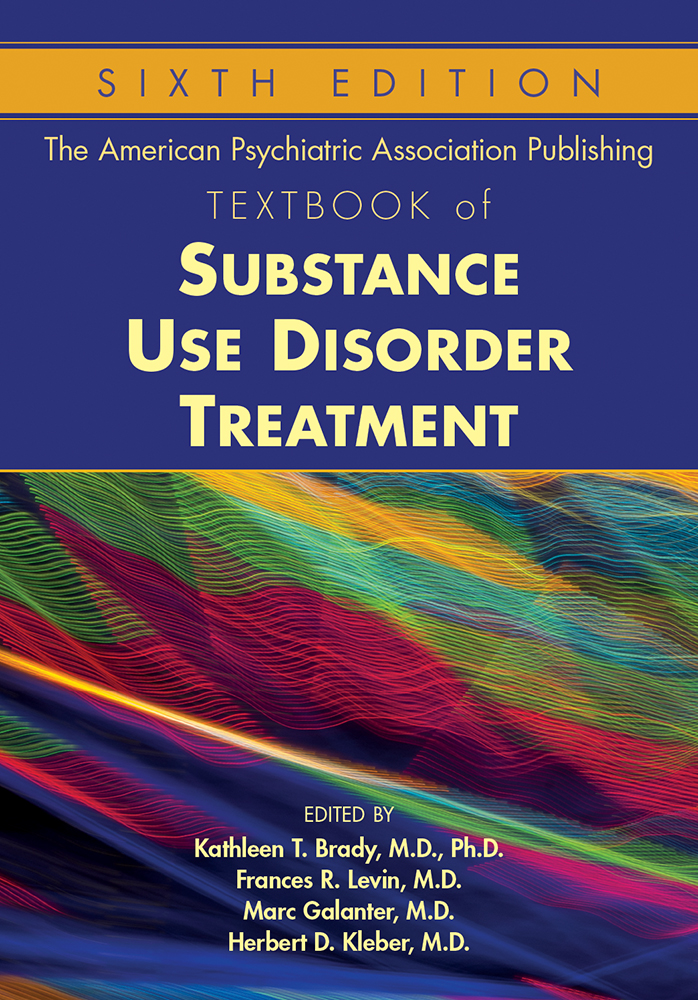Sections
Excerpt
On October 4, 1969, Diane Linkletter, a 20-year-old aspiring actor, jumped from her apartment window and fell several stories. Within hours of her death, her father, the popular radio and television host Art Linkletter, proposed that the most probable cause of death was the serotonergic hallucinogen lysergic acid diethylamide (LSD), which he alleged had led to a “bum trip” and nervous breakdown 6 months earlier. Mr. Linkletter further speculated that she had likely been intoxicated with LSD when she jumped to her death, because she was “not herself” at the time (even though toxicology reports and a personal account of her behavior prior to the fall indicated that no drugs were in her system) (Bleeker 2016). This event, following on the heels of the horrific Manson Family murders earlier that year, which had also been reputed to implicate repeated LSD use, shook the nation.
Access content
To read the fulltext, please use one of the options below to sign in or purchase access.- Personal login
- Institutional Login
- Sign in via OpenAthens
- Register for access
-
Please login/register if you wish to pair your device and check access availability.
Not a subscriber?
PsychiatryOnline subscription options offer access to the DSM-5 library, books, journals, CME, and patient resources. This all-in-one virtual library provides psychiatrists and mental health professionals with key resources for diagnosis, treatment, research, and professional development.
Need more help? PsychiatryOnline Customer Service may be reached by emailing [email protected] or by calling 800-368-5777 (in the U.S.) or 703-907-7322 (outside the U.S.).



